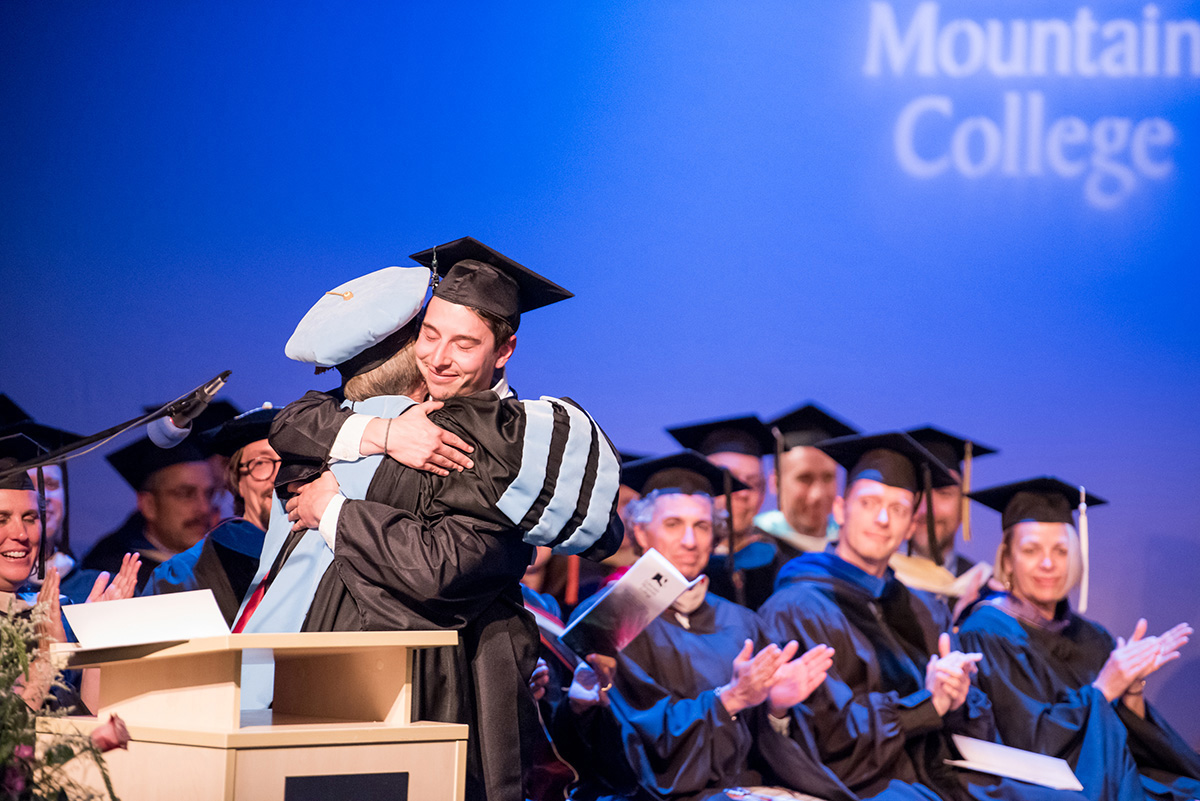
This is the 12th, and final, installment in a multi-part series in the Glenwood Springs Post Independent celebrating Colorado Mountain College’s 50th anniversary.
By the mid-2010s, Colorado Mountain College leaders saw that years of conservative budgeting and long-term planning allowed them to continue meeting the Western Slope’s ever-changing needs for higher education – and that listening to the community and students helped guide CMC to be even more innovative.
As the decade passed, they found the need to respond to several national trends in higher education. One trend that was a particular challenge was in response to the Great Recession of 2008-12. Historically, across the country community and other open access colleges have found that when the economy struggles, the demand increases for programs and courses they offer. When more people are unemployed or have their work hours reduced, they have time to take courses, and have a strong and urgent need to become retrained for new job opportunities. They find that colleges with the most affordable tuition and a solid track record of delivering career-shifting skills are just the ticket.
And CMC leaders knew, from the college’s own experience, why it was important to plan for a rainy day.
When the nation had experienced financial distress in the early 1980s, the effect was compounded locally by the withdrawal of Exxon and its massive plans for oil shale production. In ensuing months, demand for CMC’s courses went through the roof. But, because the college’s revenues were also hit by a precipitous fall in property taxes, programs were being cut back and employees laid off at a time when the community needed them most.
As a result, during the 1990s and early 2000s, even as Colorado’s economy recovered and thrived, CMC administrators kept a tight rein on the college’s operating budget. Trustees set aside reserves as insurance against the event of any eventual downturn in the economy. And when the Western Slope felt the onset of the 2008 recession, the college was ready. When property values fell and, along with them, income from local property taxes, reserves were in place so that programs were not cut. As a result, when community members came to their college for retraining, they found the doors open and programs ready for them.
During these recessed years, CMC was not just supporting community members, but boosting the economy as well. Through the college’s reserves, CMC was able to support the local construction industry by continuing to build out campus structures that had been planned.
Another national trend followed, one that affected employers, workers and the college. As employers were forced to do more with fewer employees, they started seeking workers who had more training and education. In addition, as jobs became more complex, the demand for workers with bachelor’s degrees increased.
When the college surveyed employers in late 2009, they found that 83 percent expressed a need for CMC to offer bachelor’s degrees. The college also found that 95 percent of its students wanted CMC to offer four-year degrees.
Among the most frequently mentioned degrees were business, resort and hospitality management, teacher education, nursing, and environmental studies, so that local workers could get the education they needed to hold down good jobs and keep our local economies healthy.
Those living in CMC’s 12,000-square-mile district and service area had made their needs clear: it was time for access to bachelor’s degrees – in addition to associate degrees, certificate programs and continuing education – in Colorado’s central mountain communities.
Today, CMC offers five bachelor’s degrees with various concentrations, tailored to meet the needs of local employers and students: business administration, sustainability studies, nursing, teacher education, and leadership and management. And, according to the Community College Baccalaureate Association, colleges in 17 other states offer both associate and bachelor’s degrees.
So as the college enters its next 50 years, it is set on a solid trajectory that’s expressed in the CMC vision: “We aspire to be the most inclusive and innovative student-centered college in the nation, elevating the economic, social, cultural, and environmental vitality of our beautiful Rocky Mountain communities.”
